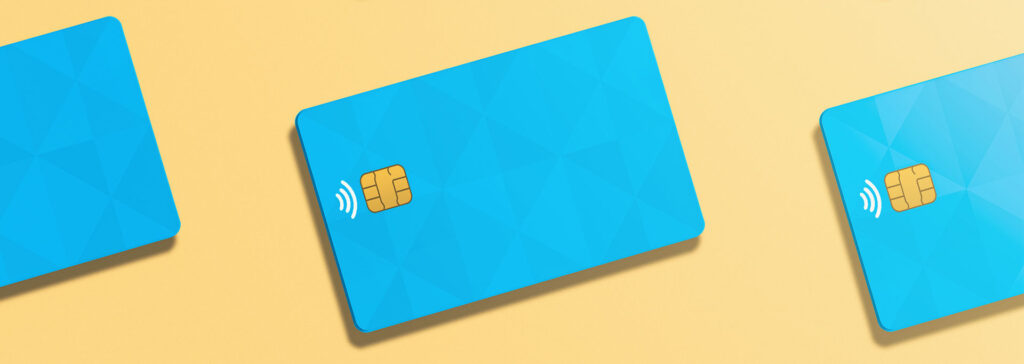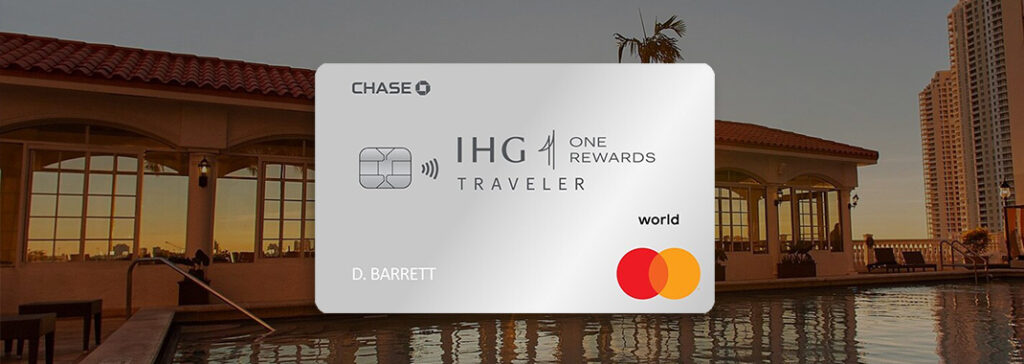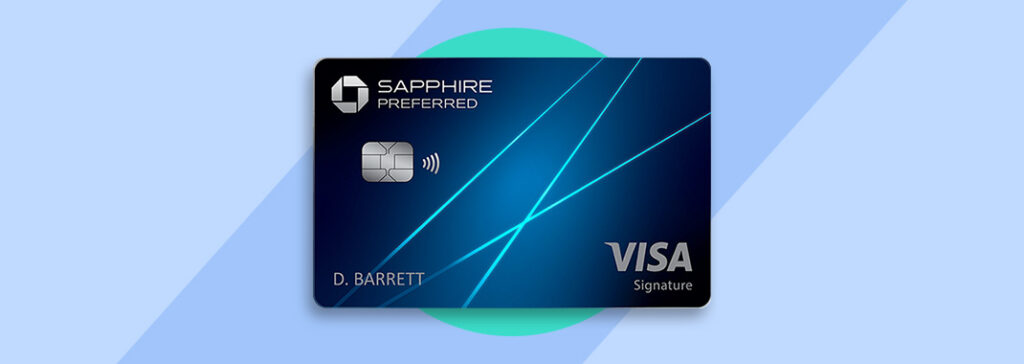Most products on this page are from partners who may compensate us. This may influence which products we write about and where and how they appear on the page. However, opinions expressed here are the author's alone, not those of any bank, credit card issuer, airline or hotel chain. This page may include information about American Express products currently unavailable on Slickdeals. American Express is not a partner of Slickdeals.
I have a hard time saying no to travel. When I'm invited to speak at a conference, visit a client or feel like taking a great family vacation, I usually just go. It's not even a tough decision for me because I never actually pay for my travel, at least not with dollars. Instead I use the points and miles that I earn from credit cards to pay for it all. Here's how I did it.
5 Steps to Earning Enough Points to Travel For Free
As someone who's been studying the credit card industry for a living since 2008, there's one fact that always amazes me. The credit card industry is both incredibly competitive, but also consistently profitable. This enables card issuers to constantly out-do each other in terms of offering credit card users the most generous rewards. That is especially true when it comes to points and miles that can be redeemed for travel.
 Related Article
Related Article
Learn How to Travel for Free: Beginners Guide to Credit Card Travel Rewards
When you maximize both the rewards you earn and the value you receive for spending them, it's possible to travel for free nearly all the time. And while there are many ins and outs when it comes to awards travel, there are a few basic steps to follow as you get started.
1. Sign up for the best credit cards available.
The best credit card offers give you points and miles worth at least $1,000 in travel rewards, just for opening a new account and meeting a minimum spending requirement. You can also earn bonus points for certain types of purchases such as travel, dining and groceries.
Every year, my wife and I each sign up for about three or four new credit cards for both personal and small business use. We choose the cards based on a combination of the card's welcome bonus and the long-term value that we expect to receive from rewards and benefits.
As long as you manage your credit cards responsibly by paying your bills on-time and not carrying any debt, having several credit cards will add positive information to your credit history and can improve your credit score. After trying the card out for a year, we then decide if the card meets our needs before renewing the account and paying the annual fee.
2. Use the credit card that offers you the most points or miles for particular purchases.
Most people tend to use the same credit card all of the time, but that strategy won't earn you the most points. Instead, I like to use whichever credit card offers me the most points within a specific category.
Alternatively, I use my Chase Sapphire Reserve® card to earn 3x Ultimate Rewards points for travel expenses, such as parking, tolls, rental cars, ride shares and transit. Just about everything else I buy goes on my Chase Freedom Unlimited®, which earns 1.5x Ultimate Rewards points per dollar on all purchases.
3. Charge everything you can to your credit cards.
There's no doubt that credit cards are my preferred method of payment, and I will always ask about using a credit card before writing a check or paying cash. For example, I recently used my credit card to purchase a used car from a dealer. They initially refused to accept my card, as it incurred additional costs, but I got them to reluctantly agree after I made it a condition of the sale.
I also pay my mobile phone, electricity and water bills with my credit card, along with all of my retail purchases. This allows me to rack up points on spending that I would be doing anyway.
4. Get the maximum value from your rewards.
All reward options aren't created equal, and it's important to redeem your points and miles for the best possible value. In general, avoid redeeming travel points for gift cards, merchandise or cash back. You're unlikely to ever get the highest value with those options.
Instead, the best value often comes when you transfer your points to another program. I often receive several cents in value when I transfer Chase Ultimate Rewards points to Hyatt, versus the 1 to 1.5 cents per point value I'd get otherwise. I've also received several cents in value from my American Express Membership Rewards points transferred to airlines for business class flights. In fact, I sometimes receive great value from United MileagePlus, even for economy class flights to destinations like Hawaii and Costa Rica.
5. Always look for promotions.
Airlines, hotels and credit card issuers are always offering you creative ways to earn bonus rewards. American Express, for example, will occasionally offer bonus points for referring friends or enrolling in "Pay Over Time" (which I never actually use). I also register for dining and shopping rewards programs that give me extra points and miles for the purchases I make anyways. And I always ask card issuers if they're willing to give me a "retention bonus" before I renew my card every year.
Bottom Line: Why You Need a Rewards Credit Card
If you're not using a decent rewards credit card, you're likely missing out on valuable travel benefits. These cards basically earn you money with the spending you're already doing. By leveraging your credit cards to earn points and miles, and then maximizing those rewards, you can find yourself traveling for free even sooner than you might have thought.









